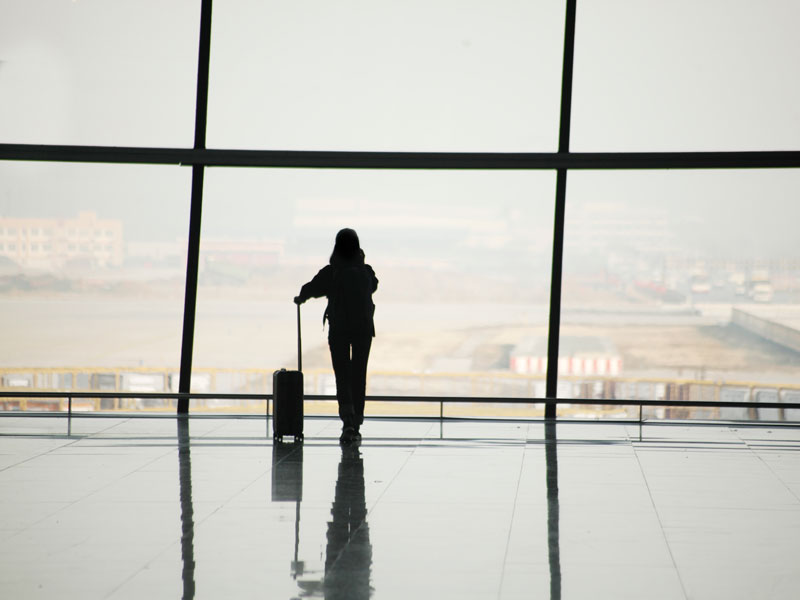Across all industries, more women are gaining top positions in the business world. As this happens, and as business travel becomes a larger part of the corporate landscape, women are increasingly taking trips for work.
More than 61 percent of the women surveyed stated that they would avoid destinations that are hotspots for dangerous activity
Corporate travel specialists CT Business Travel wanted to understand what it’s like for businesswomen to travel today and so created the Female Business Traveller Survey. This survey was distributed to female professionals in the UK who had travelled for business at least once in the past 12 months. The results of the survey shed light on the female business traveller market and are featured in CT Business Travel’s latest white paper, The World of Female Business Travel.
Reasons to be wary
With citywide protests, natural disasters and political instability all hitting popular destinations in 2018, it’s understandable that business travellers are wary about visiting certain destinations. Female business travellers surveyed for The World of Female Business Travel shared the factors that might prevent them from travelling.
More than 61 percent of the women surveyed stated they would avoid destinations that are hotspots for dangerous activity, while 50 percent would not want to visit areas of political unrest, and 46 percent would avoid areas with high crime rates.
Other reasons women would avoid travelling to certain destinations include gender inequality, language barriers, poor accessibility and difficulties with visa requirements. However, the factors that were the greatest concern for female business travellers revolved around safety issues.
Duty of care
The World of Female Business Travel also discusses the duty of care in depth. All employers have a responsibility to ensure the safety and comfort of their employees when they are travelling on behalf of the business. This could mean something as simple as a delayed flight or cancelled train, but also large-scale issues like strikes, environmental disasters or dangerous activity.
Alarmingly, 49 percent of the women surveyed admitted they wouldn’t know what to do if they did come up against a travel disruption or dangerous situation when on a business trip.
Additionally, while 50 percent said their employer had a duty of care policy in place, 14 percent said their employer didn’t have a policy in place and 35 percent were unsure if their employer had a duty of care policy at all.
These statistics show there is not enough communication around duty of care policies within many businesses. When travelling for business, employees should have a firm understanding of what process to follow if they encounter any problems, as well as what their employer’s responsibility is to them in such a scenario.
By having a clear duty of care policy in place that leaves no room for error, female employees are more likely to enjoy a safe and smooth business trip.





